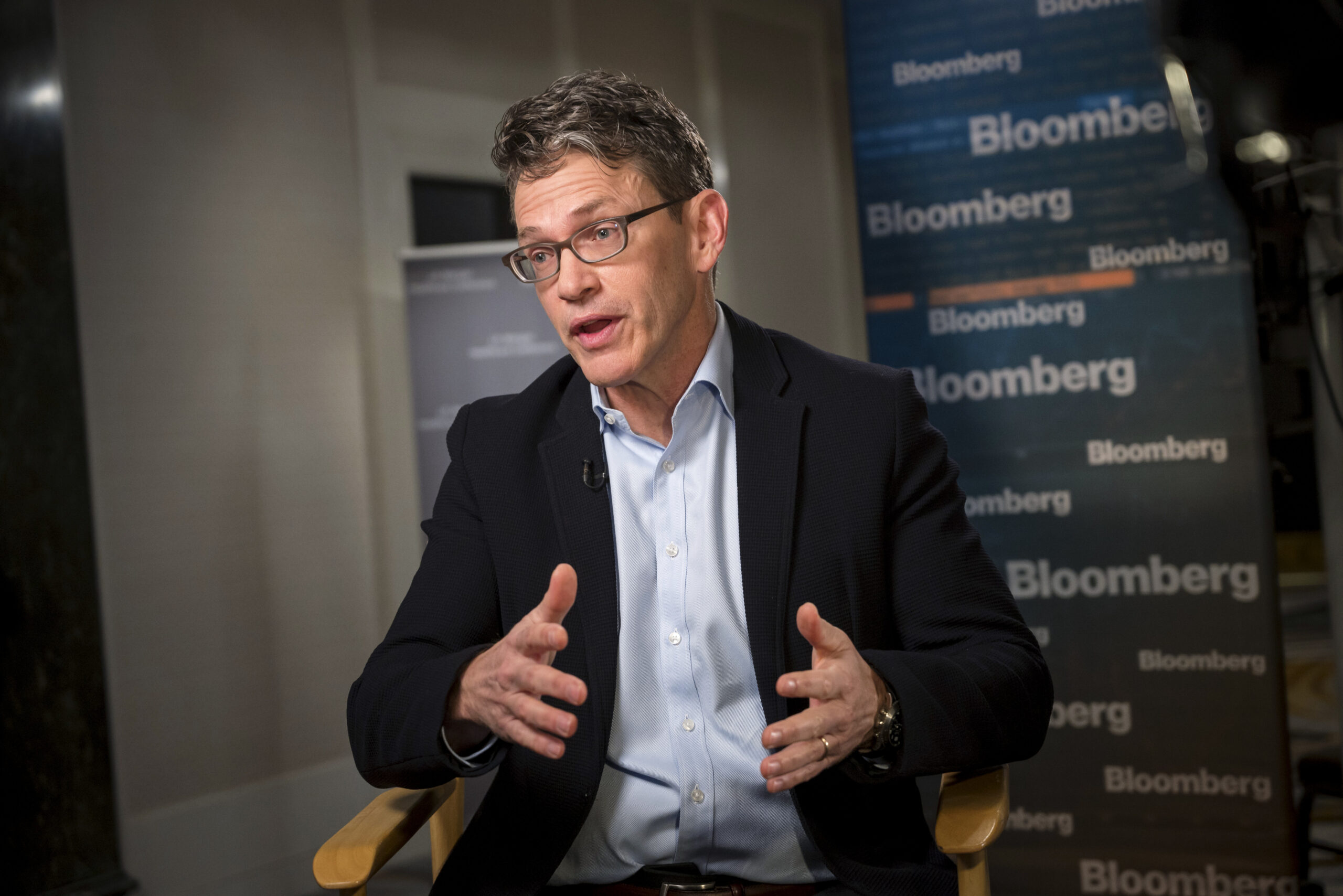
Bayer taps Roche's Bill Anderson to lead pharma giant as CEO
We now know where Roche’s ex-pharma chief Bill Anderson is going.
German pharma giant Bayer announced Wednesday that Anderson will be taking on the role as CEO, less than six weeks after Anderson stepped down from his perch at Roche as head of the group’s pharmaceutical division.
Roche announced back in December that Anderson would depart on Dec. 31 to “pursue opportunities outside of Roche.” His replacement, Genentech vet and Roche’s current head of global product strategy, Teresa Graham, will start her role in March.
Unlock this article instantly by becoming a free subscriber.
You’ll get access to free articles each month, plus you can customize what newsletters get delivered to your inbox each week, including breaking news.